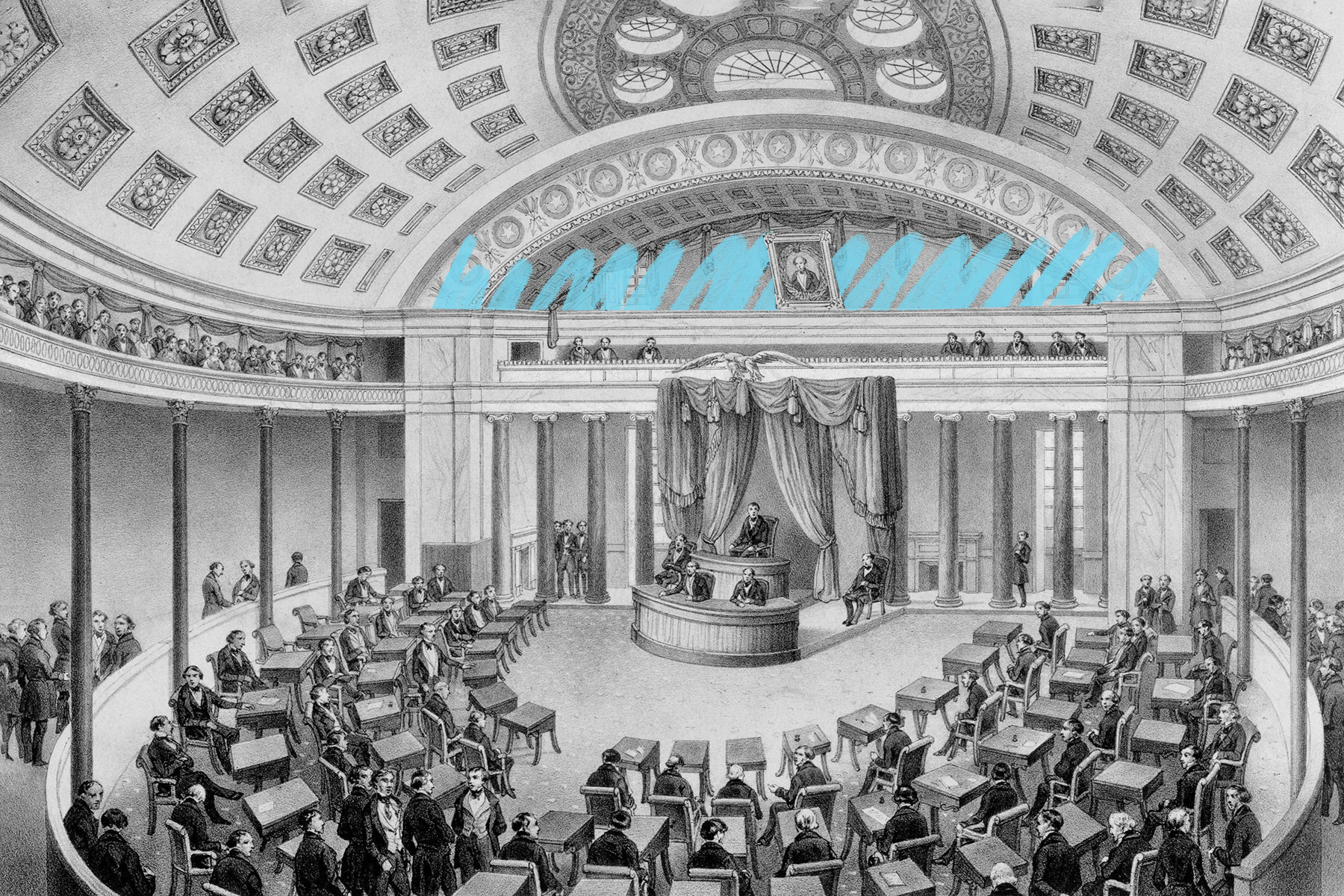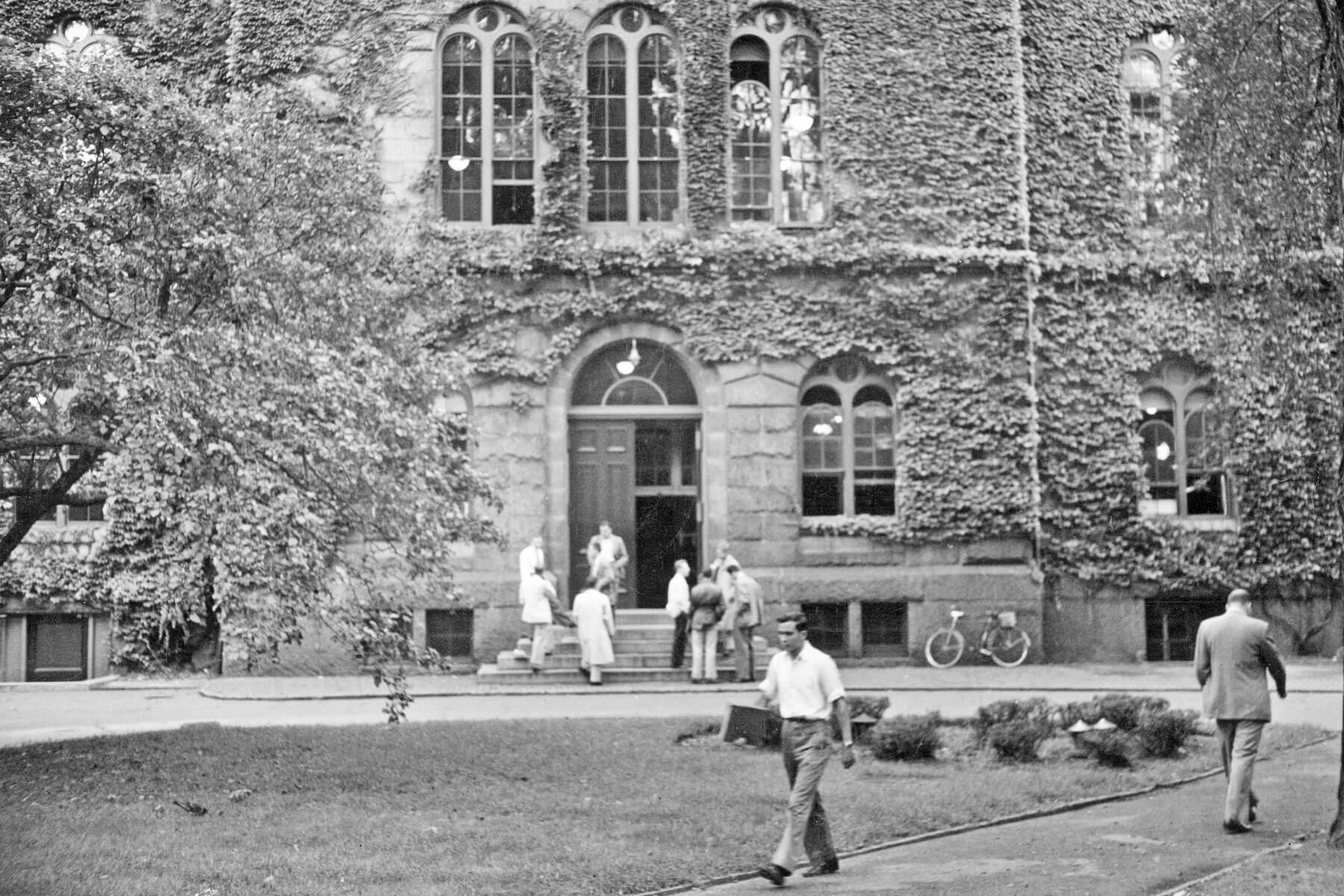The only vice president picked by the Senate
Friday, October 4, 2024
The United States has had some strange elections over the last 230-odd years, few more so than the presidential contest of 1836 — the one and only time that the Senate picked the vice president. |
| |
| |
|
 |
|
| T he United States has had some strange elections over the last 230-odd years, few more so than the presidential contest of 1836 — the one and only time that the Senate picked the vice president. Like the president, veeps are chosen by the Electoral College, and that year three names were on the ballot: Richard Mentor Johnson (who received 147 electoral votes), Francis Granger (77), and John Tyler (47). Johnson was the running mate of Democrat Martin Van Buren, who emerged victorious in the presidential race with 170 electoral votes. When it came to the vice presidential race, however, the Virginia delegation became faithless electors due to Johnson's many controversies — including the fact that he had a relationship and two children with an enslaved woman named Julia Chinn — and cast their votes elsewhere. As fate would have it, the 147 electoral votes Johnson received left him one shy of a majority. |
|
|
| The Senate was thus called upon to exercise one of its rarest and most important duties. On February 8, 1837, it elected the beleaguered Johnson as vice president by a party-line vote of 33 to 16. Johnson had represented Kentucky in the upper chamber for 10 years, and upon being elected expressed the self-deprecating hope that "the intelligence of the Senate will guard the country from any injury that might result from the imperfections of its presiding officer." He spent much of his term running his tavern back in Kentucky, eventually came to be considered a liability for Van Buren, and was dropped by the Democratic Party for the reelection campaign, leaving Van Buren without an official running mate. |
|
 |  |
|
|
 |
|
| |
|
| Ties Johnson broke while in office | | | 14 |
| | | Electoral votes received by Johnson in 1840 (Van Buren received 60) | | | 48 |
| | | Electoral votes received by Johnson in 1840 (Van Buren received 60) | | | 48 |
|
|
|
| Vice presidents who have gone on to become president | | | 15 |
| | | Vice presidential salary as of 2023 | | | $235,100 |
| | | Vice presidential salary as of 2023 | | | $235,100 |
|
|
|
 |
|
 | | Did you know? |
|
|
The vice president wasn't officially first in the line of succession until 1967. |
|
| From John Tyler to Lyndon B. Johnson, many veeps have fulfilled the solemn duty of becoming president when their predecessors died in office. Though this has always been tradition, it wasn't formalized as law until the 25th Amendment was ratified in 1967 — four years after the last time it was actually needed. Section 1 reads, quite simply, "In case of the removal of the President from office or of his death or resignation, the Vice President shall become President." It also allows for the temporary transfer of power when the commander in chief is incapacitated, as when undergoing surgery, in which case the VP briefly serves as acting president. |
|


posted by June Lesley at 4:02 AM












![]()
![]()






0 Comments:
Post a Comment
<< Home